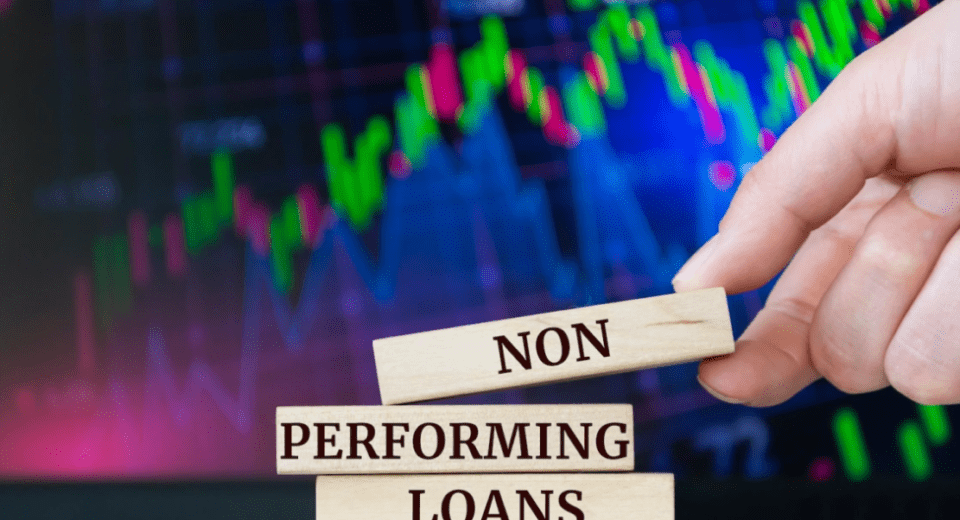Impact of insolvency regimes on non-performing loans: Lessons from detailed credit data
Effective insolvency frameworks can address multiple issues in the banking sector. This column examines the impact of insolvency framework reforms on non-performing loans, using a new metric derived from the European Banking Authority’s Transparency Exercises. It finds that debtor-oriented reforms seem to be more effective in reducing the accumulation of non-performing loans, particularly benefiting larger […]













